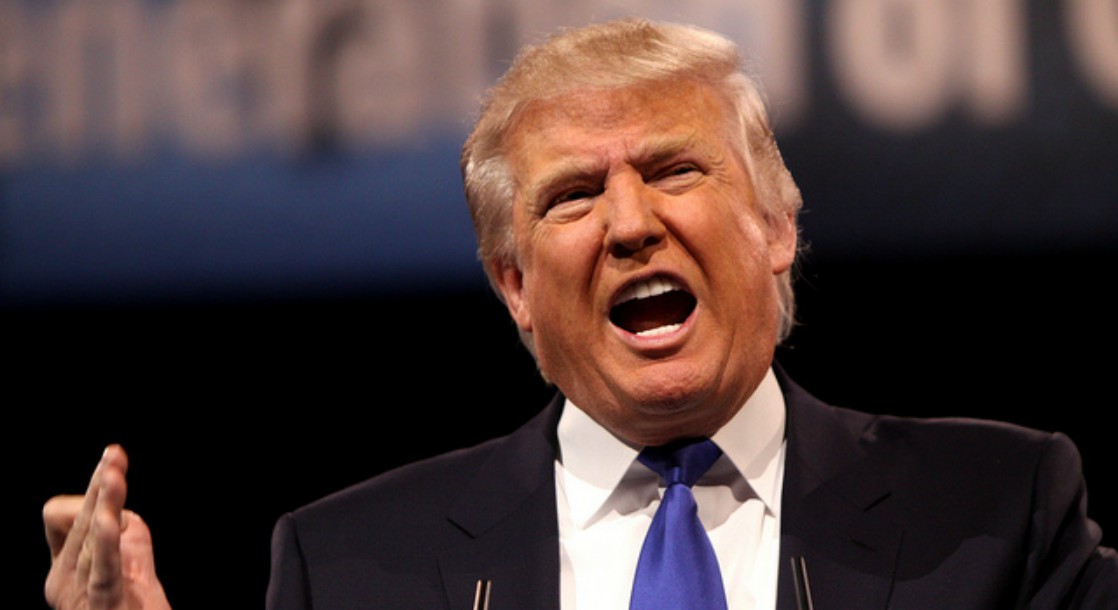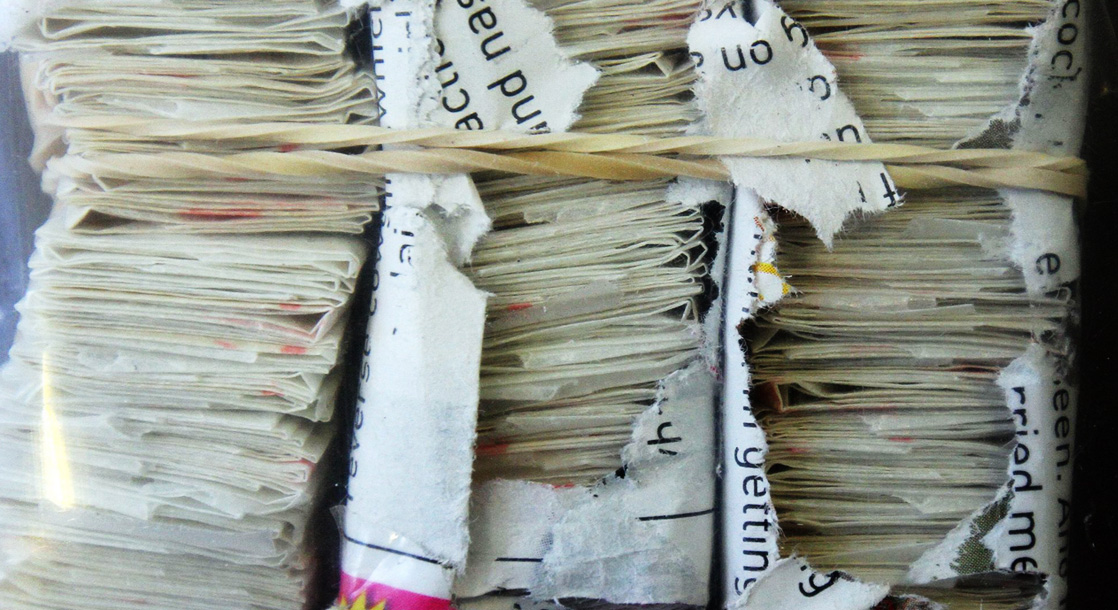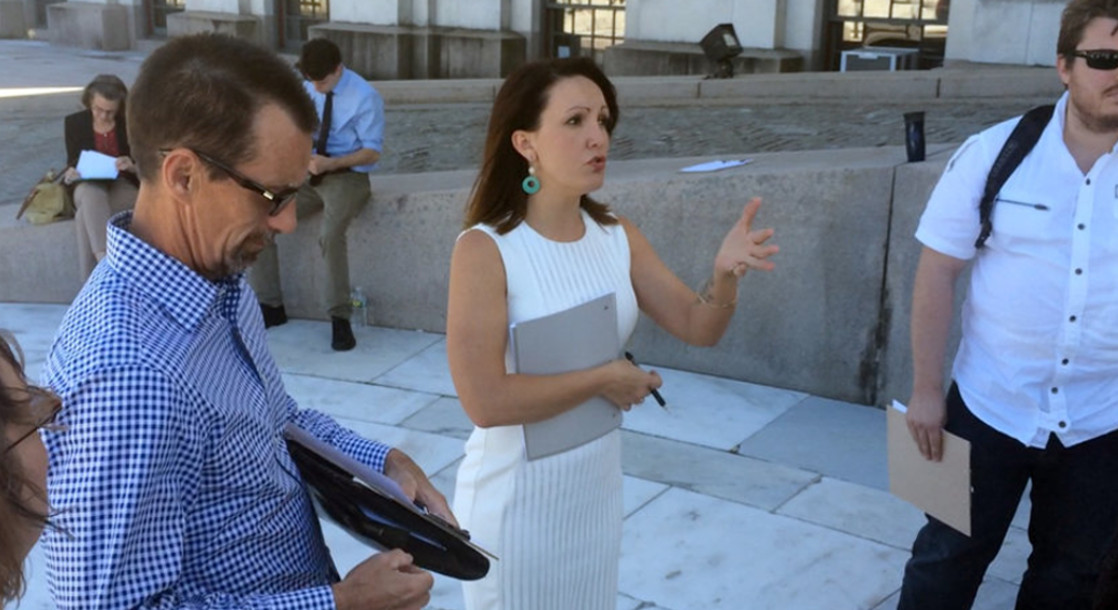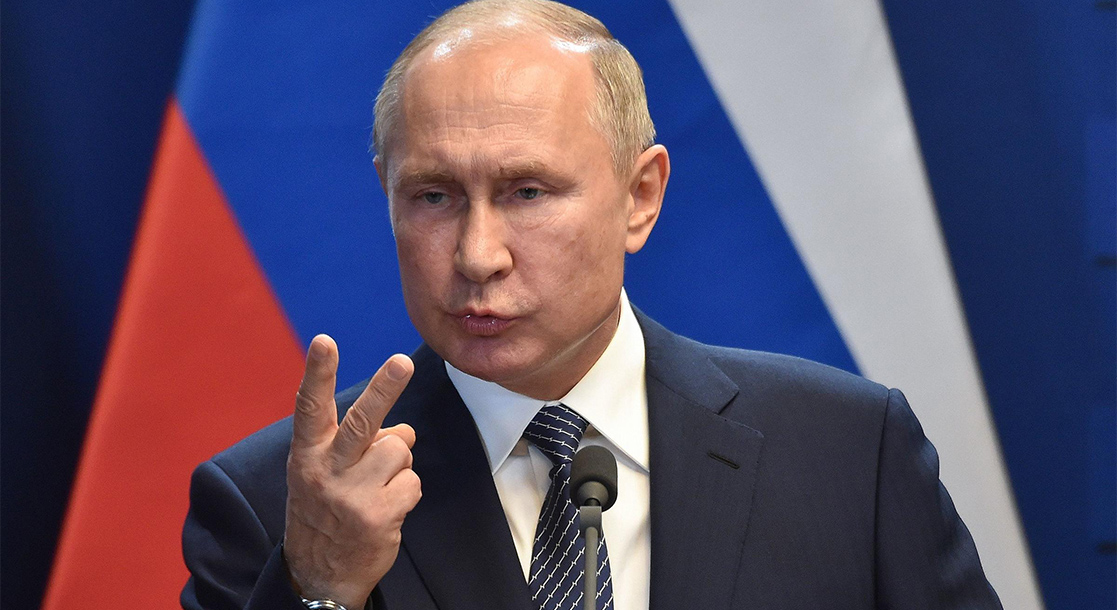Lead photo via Flickr user Gage Skidmore
After months of empty promises and needless delays, President Trump finally declared America’s ongoing opioid crisis a national emergency. But while most expected the commander-in-chief to invoke the National Emergencies Act to release federal funding for prevention and intervention services, Trump did not, instead opting to declare the deadly addiction problem a public health emergency — a significantly less drastic measure does not carry the same financial promises.
When it came time to announce the long-overdue declaration, Trump once again proved his ignorance of the subject. Using broad anti-drug talking points, the president failed to mention the pharmaceutical industry or the failing criminal justice system at all, choosing instead to echo Nancy Reagan’s famously ineffective “just say no” prevention strategy.
"Every person who buys illicit drugs here in America should know that they are risking their futures, their families and even their lives," Trump said in a press conference Thursday afternoon. "Illegal drug use is not a victimless crime. There is nothing admirable, positive or socially desirable about it… If we can teach young people not to take drugs, it’s really, really easy not to take them.”
As a result of the public health declaration, Trump suggested that the government would invest in a "really tough, really big, really great" anti-drug advertising campaign, once again proving himself unqualified to handle the crisis that is killing close to 50,000 Americans a year.
While this kind of blatant incompetence has become the norm in Trump’s Oval Office, health and addiction experts around the country are still struggling with the reality that they are seemingly on their own in this difficult crisis.
"The public health emergency raises awareness, which is important, but we had hoped for a national state-of-emergency declaration, because that would carry with it a commitment for funding," Leana Wen, health commissioner for Baltimore, Md., told USA Today. "We don’t need more rhetoric. We need resources."
In addition to ignoring the real causes of the epidemic, Trump and his Opioid Commission have also turned a blind eye to the mountain of evidence supporting medical marijuana as a replacement pain killer and treatment for opioid abuse.
Even after Congressman Earl Blumenauer spoke up for cannabis’ specific anti-opioid abilities in the House of Representatives and the National Institute for Drug Abuse conceded that weed could be a safer replacement for prescription pain pills, the president has remained willfully ignorant, burying his head in the sand at any mention of the naturally grown medicine.
However, like the rest of the country’s social necessities in the past year, forward thinking citizens, researchers, businesses and local governments are still doing their best to shore up America’s drug problem in spite of the federal administration.
In Colorado, a recent study has shown yet another positive correlation between legal cannabis and a reduction in opioid overdoses. In their own effort to save lives, the national drugstore chain Walgreens recently announced plans to make the anti-overdose drug Narcan available in every one of their more than 8,000 locations. Walgreens shoppers in 45 states will now have access to the instant overdose-stopping nasal spray without a doctor’s prescription.
Sadly, most private attempts to curb opioid use and the death it brings are simply stop gaps, plugging a leak in the Hoover Dam with a well-chewed piece of Double Bubble.
Unfortunately, there have been absolutely no indications that Trump and his administration plan on taking any additional steps to correct the core flaws of the country’s pharmaceutical industry, or turn around our societal tendency to criminalize addiction.
"To call it a public health crisis, were' not getting to the bottom of why? Why does this happen?" David Patterson Silver Wolf, director of the Community-Academic Partnership on Addiction in St. Louis, told USA Today. "This is not the bird flu. This is not the black plague. I would consider it an attack on the American people. And unfortunately it was done by American businesses with the help of politicians and attorneys so Big Pharma could make a profit.”
Follow Zach Harris on Twitter











